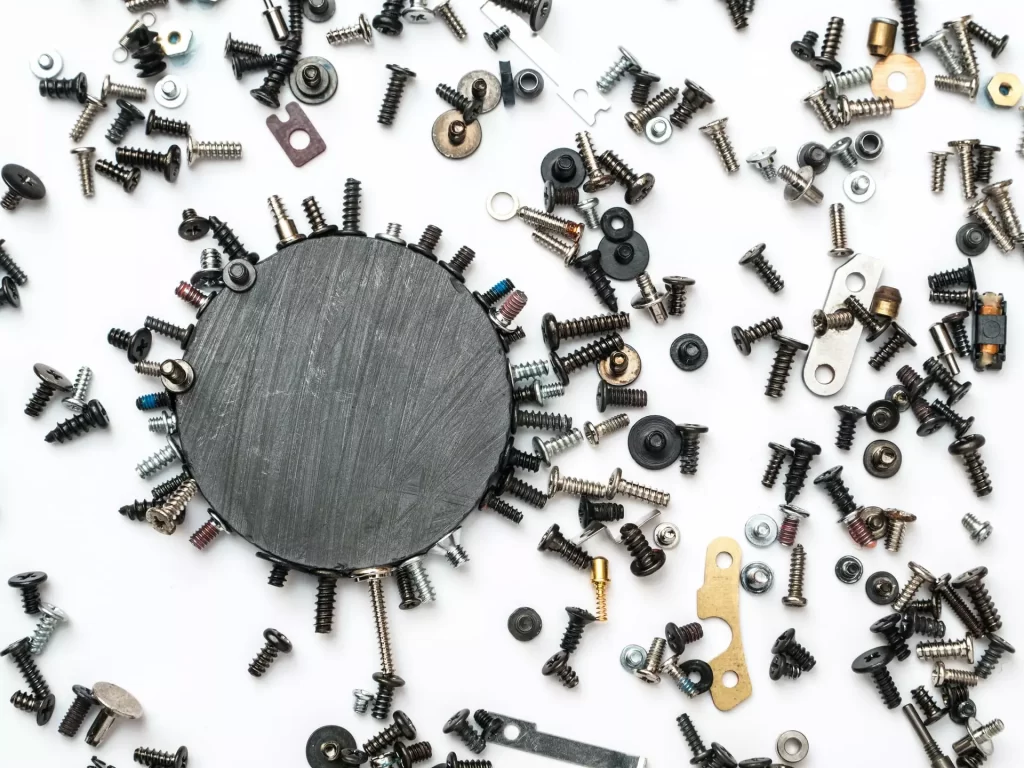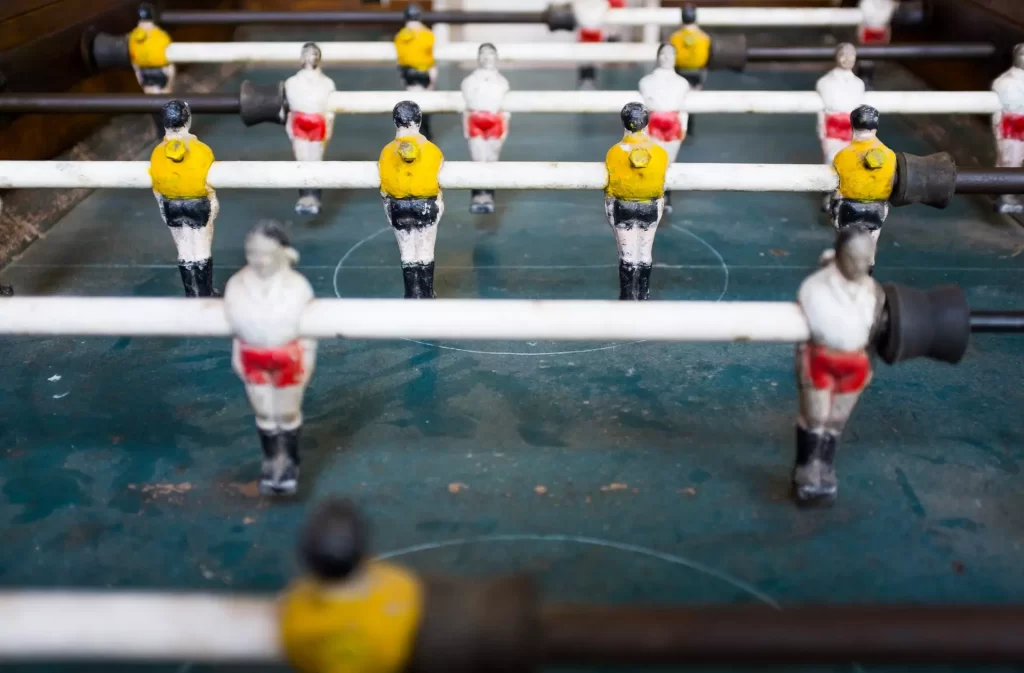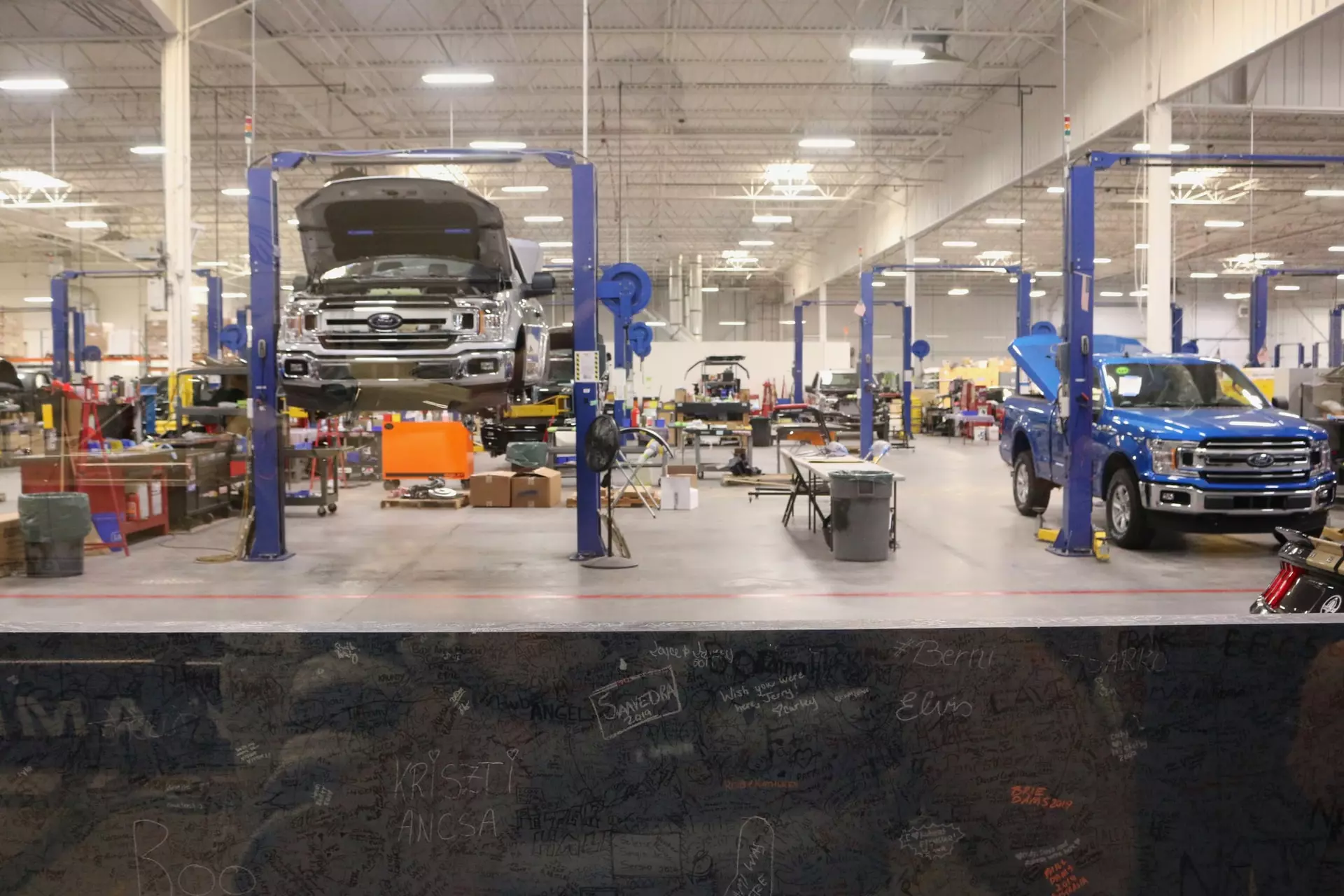Many of you have been around the automobile repair industry for a while and know that there are many considerations to consider when opening up your new shop. There’s a lot involved. If you’re just getting started, it can all be quite overwhelming.
Here is a list of questions you should ask before setting up a collision repair shop.
How Will You Finance A New Shop?

It is the dream of every collision repair technician to one day open their shop. However, before that can even happen, you need to ask yourself some critical questions.
Do you have enough money to get started? If so, are you willing to risk everything you have for the success of your new business?
Don’t forget that before you can open your doors, you will need to purchase the necessary equipment that comes with starting any business. Then there are insurance costs.
Do you have enough saved up to get started? If not, are you willing to risk everything you have for the success of your new business? One thing is for sure: it’s hard enough to start a collision repair center without having to worry about money problems.
What’s Your Area Like?
There are plenty of ways to promote your new business. However, you can’t do it if your customers won’t come through the door. So, before you start sending out flyers, think about what kind of customer base you will have access to by opening up a shop in this particular area.
Do you have a solid customer base in this area? Or will you struggle with the bit of traffic that comes into this community? If it’s just going to be a small shop that caters to your immediate neighbors, reaching out for more business might not be worth it.
Are they even going to visit you consistently? Asking yourself these questions before opening is essential.
How Will You Find Customers?
Any enterprise that hopes to survive will need a solid customer base. Often mechanics already have contacts and people they worked with before they go on their own. But, now that you have rent, rate, wages, utilities and suppliers to pay you will need a lot more to cover those expenses.
One obvious contact point for a crash center is the vehicle insurers because they end up paying for most of the work you do. Customers may come to you directly but an adjuster will come and have a look at the damage and work if there is a claim. If they have auto insurance full coverage cheap repair estimates may win the adjuster over. Then, it will be their own providers paying. It gets even more complicated when the other party involved in the traffic incident is at fault. In such cases, the claim needs to be lodged with a third-party carrier, who would make it harder to settle.
This raises another issue. Will you have enough money to cover all costs for at least a month, as the car insurance companies will not be quick paying repair bills no matter which way you have to deal with them.
If you can win over several adjusters that will recommend your shop or even better get approved by a vehicle insurance company it would be great. However, it may take time to build such a relationship. In the meantime, you need to talk to other similar businesses in the area like used car dealers and garages that mainly do service and mechanical jobs but no body repairs. And of course, you need to spend some money on advertising and billboards.
What Are Your Competitors Doing?

With just about any industry, it’s essential to have a competitive edge. If you don’t, you’re going to find that your customers will flock towards the competitor across town rather than coming through your doors.
And without customers coming inconsistently, you won’t succeed in the long
term. You should check your competitors and see what they are doing right, wrong, or missing out on entirely.
If their prices are lower than yours, think of ways to offer more services for the same price. Perhaps their hours aren’t as conducive to your customers. Figure out what they are doing right and wrong, and make the necessary changes.
Who Will Run the New Shop?
Starting a collision repair business takes a lot of time and effort from all parties involved. So, before you take the next step forward, think about who will be starting up this new center with you. Who has previous experience? Will you be managing the center on your own, or will it be a group effort?
Thankfully, plenty of collision repair technicians are there to extend a helping hand. But if their resume isn’t up to par, do you have the necessary skills to train them? Or will this person end up being a dead weight?
According to market reports, the top US states in the automobile repair industry are California, Texas, Florida, New York, and Pennsylvania.
You should also look at things from an emotional standpoint. Working with the same person(s) every day will have ups and downs. Make sure you think about this before taking the next step.
What Kind of Reputation Will You Be Building?
Your reputation is everything. If you aren’t well-liked in your community, it’s going to be difficult for you to get new customers to come into your shop.
So, before you open the doors and start sending out flyers, ask yourself about your reputation in this area.
What kind of reputation do you have? Can you use the existing one to the owner’s advantage, or do you need to make significant changes? Sometimes it’s helpful to ask your customers if they would come back.
What needs to be improved before they feel like you are the best option in town? You should also think about treating your customers once they walk through the front door. What kind of services can you offer them to make sure they continue coming back for years?
Starting a collision repair shop is not easy to do by any means. However, it is possible, and you will likely succeed if you plan things out carefully and follow through on each of your tasks.
So, before you jump into this full-time business headfirst, take some time to think about what steps you can take to ensure success.

